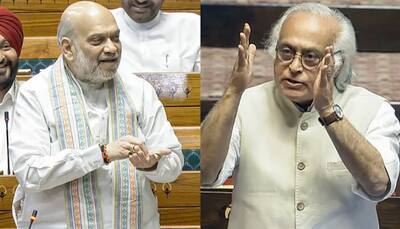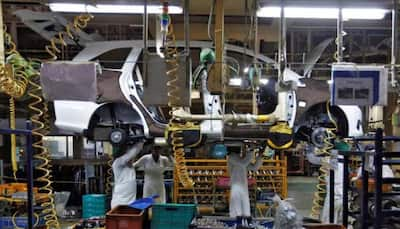Indian auto component makers having manufacturing facilities in Canada and Mexico will face no significant impact of US President Donald Trump’s latest tariff war as the two countries have been exempted from additional duties. Due to the existing order under the International Emergency Economic Powers Act (IEEPA) related to fentanyl and migration, the White House confirmed that the new tariffs announced on Wednesday will not apply to Canada and Mexico. Subsequently, US-Mexico-Canada Agreement (USMCA) compliant goods from both the countries will attract zero duty while non-compliant items will face a 25 per cent tariff.
The ‘Liberation Day’ tariffs announced on Wednesday do not cover autos and auto parts and steel and aluminium articles, already subject to Section 232 tariffs at 25 per cent, on March 26, 2025. Vehicle tariffs take effect April 3, 2025, at midnight, and the parts tariff date is pending but will be no later than May 3, 2025. The tariff will apply to imported passenger vehicles — sedans, SUVs, crossovers, minivans, cargo vans — and light trucks, as well as critical auto parts, engines, transmissions, powertrain components, and key electrical parts.
India’s auto components export to the US stood at USD 6.79 billion in FY24, while it imported 1.4 billion from the US at 15 per cent import duty. India’s largest export items to the US are engine components, power trains and transmissions. As per a report by Crisil Intelligence, imports from Mexico and Canada will get preferential treatment under USMCA and remain tariff-free till a procedure is devised to apply tariffs only to the non-US components.
“After the exit of General Motors and Ford from India, no US major had an Indian manufacturing base for exporting back to their country. Given the meagre share of India’s exports of PVs and CVs to that country, the tariffs imposed would have minimal impact on original equipment manufacturers (OEMs) here,” the report said.
However, it said India’s share of auto component exports to the US is significant at 28 per cent. Within this, powertrain parts, transmissions, engines, and electricals account for 40 per cent, 29 per cent, 13 per cent and 2 per cent, respectively. Cumulatively, they account for about 84 per cent of all automotive component exports from India to the US, it noted.
“The share of exports in India’s automotive production stands at just 15 per cent, which means the exposure of domestic component manufacturers to the US is small at 4.2 per cent. Further, accounting for the components under tariffs, this exposure would whittle down further to 3.5 per cent of the annual revenue from auto components, thus limiting impact,” the report said.
This limited export to the US is what will shield the revenue of component makers, it said; however, adding a potential reduction in the competitiveness of domestic component makers because of increased prices in the US will have a bearing.
“This impact on India and some other countries would, in turn, benefit Mexico and Canada, which are covered under the USMCA and account for about 46 per cent of overall imports to the US,” the Crisil Intelligence report said.
Stay informed on all the , real-time updates, and follow all the important headlines in and on Zee News.











